Daily Prompt, 3/15/2024
Praying and journaling.
Praying and journaling.
I consider being religious and superstitious to be one and the same, so yes.
Dear Remy,
I hope you are experiencing the peace in Heaven that you have never experienced on Earth.
Sincerely,
Your 40-year-old self

Ben-Hur: A Tale of the Christ by Lew Wallace
My rating: 4 of 5 stars
Written by Union Civil War General Lewis “Lew” Wallace, the first fictional work of literature blessed by a Roman Catholic Pope (Leo XIII), and the inspiration for numerous live-action and animated film adaptations, Ben-Hur opens with the Three Magi: Gaspar the Greek, Melchior the Hindu, and Balthasar the Egyptian, visiting the newborn Jesus Christ in Bethlehem. Twenty-one years later, the Roman Messala and the titular Jewish protagonist, Judah Ben-Hur, have a rivalry, with the latter being sent to galley slavery for life after a tile from a home whence he witnesses a procession nearly kills the new procurator of Judea, Valerius Gratus.
A few years later, Ben-Hur labors as a galley slave aboard a ship commanded by Quintus Arrius, who is fascinated by the young Jew and thus adopts him as his son. In Antioch, Judah sees Messala again and yearns to rival him in a forthcoming chariot race while hearing of a Messiah speaking of a greater kingdom, not of the Earth. The race transpires, but the results are contested, with northern barbarians dispatched to kill the Jew when he finds himself in an empty palace following the games. However, a maneuver involving his falsified demise allows him to escape.
Afterward, Pontius Pilate succeeds Valerius Gratus as governor of Judea, and Ben-Hur seeks his mother and sister, who went missing after the incident that led him into slavery in the first place. He eventually meets the prophesized King of the Jews, witnessing His miracles and returning to his former palace. Throughout the book, Judah befriends Balthasar’s daughter Iras, who talks of an escaped galley slave Jew who murdered others when they reunite. Messala’s fate receives its resolution, Judas Iscariot betrays Jesus, and the Messiah is crucified, having refused the throne of His ancestor David.
While I had read this around a decade ago, it didn’t very well stick with me, but I remembered some elements. However, I enjoyed Ben-Hur more with my recent reread. The historical and geographical tidbits indicate that Wallace did his research, with the names of the Wise Men and their respective countries of origin adding nice touches. I could well relate to the themes, within and without my Christian faith, and while there were many portions I somewhat skimmed, I could still follow the central plot well. Granted, much of the dialogue is awkward, such as “Unclean, unclean!” regarding lepers, but Ben-Hur is a must-read for any Christian book enthusiast.

Chapterhouse: Dune by Frank Herbert
My rating: 3 of 5 stars
Frank Herbert’s final Dune novel before his death follows the action of Heretics of Dune, chronicling the continued conflicts of the Bene Gesserit sisterhood against the Honored Matres, who are attempting to control the universe and destroy factions and worlds that oppose them. In his introduction, Herbert notes the novel’s setting, over ten millennia in the human future, when women rule the Known Universe. The story begins with Mother Superior Darwi Odrade celebrating the birth of a ghola-baby (in other words, a clone) from an axlotl tank of the recently deceased military genius Miles Teg. Meanwhile, Great Honored Matre Dama, nicknamed the “Spider Queen,” tortures Reverend Mother Sabanda.
Odrade enjoys seeing the cloned Miles at play, with the boy being trained in the military arts just like the original, as the Honored Matres plan to use a mysterious “weapon” to further their conquest of the universe. The Honored Matres destroy Lampadas, a center for Bene Gesserit education, with one of the survivors, Reverend Mother Lucilla, escaping with the shared minds of millions of Reverend Mothers from the past and finding sanctuary with an underground group of Jews. The Rabbi who leads them reveals a “wild” Reverend Mother named Rebecca, who has gained her Other Memory, a well of genetic memory, without formal Bene Gesserit training.
Duncan Idaho returns in ghola form like Teg, retaining memories from his previous incarnations due to being a Mentat. The time eventually comes for the assault upon the Honored Matres, with Teg becoming the Bashar of the military forces, and the tides constantly turn in each other’s favor. Throughout the story, the Bene Gesserit attempt to terraform the eponymous planet, Chapterhouse, to accommodate sandworms, given that the native homeworld of the creatures, Arrakis, had been decimated by the Matres. The story ends with a cliffhanger, which Herbert’s son Brian and Kevin J. Anderson would resolve with the final two chronological books in the Duniverse a score later.
In brief, Chapterhouse does have many positive aspects, such as Herbert’s trend (which his son would continue) of including various philosophical quotes at the beginning of each chapter, alongside the intricate outer space setting, discussion of ecology, and the presence of the Kindle X-Ray feature, which alleviates some confusion readers unversed in the franchise’s unique terminology and many characters may have. However, confusion frequently abounds regarding character ages (namely, the gholas), many lines and terminology are unclear, and it can be hard to keep track of who is talking in conversations given the infrequent mention of names and constant use of pronouns. Though not a bad book, this is one that readers will need to meticulously focus on while being incredibly familiar with the plots of its predecessors.
Since today is World Pangolin Day and they inhabit India…
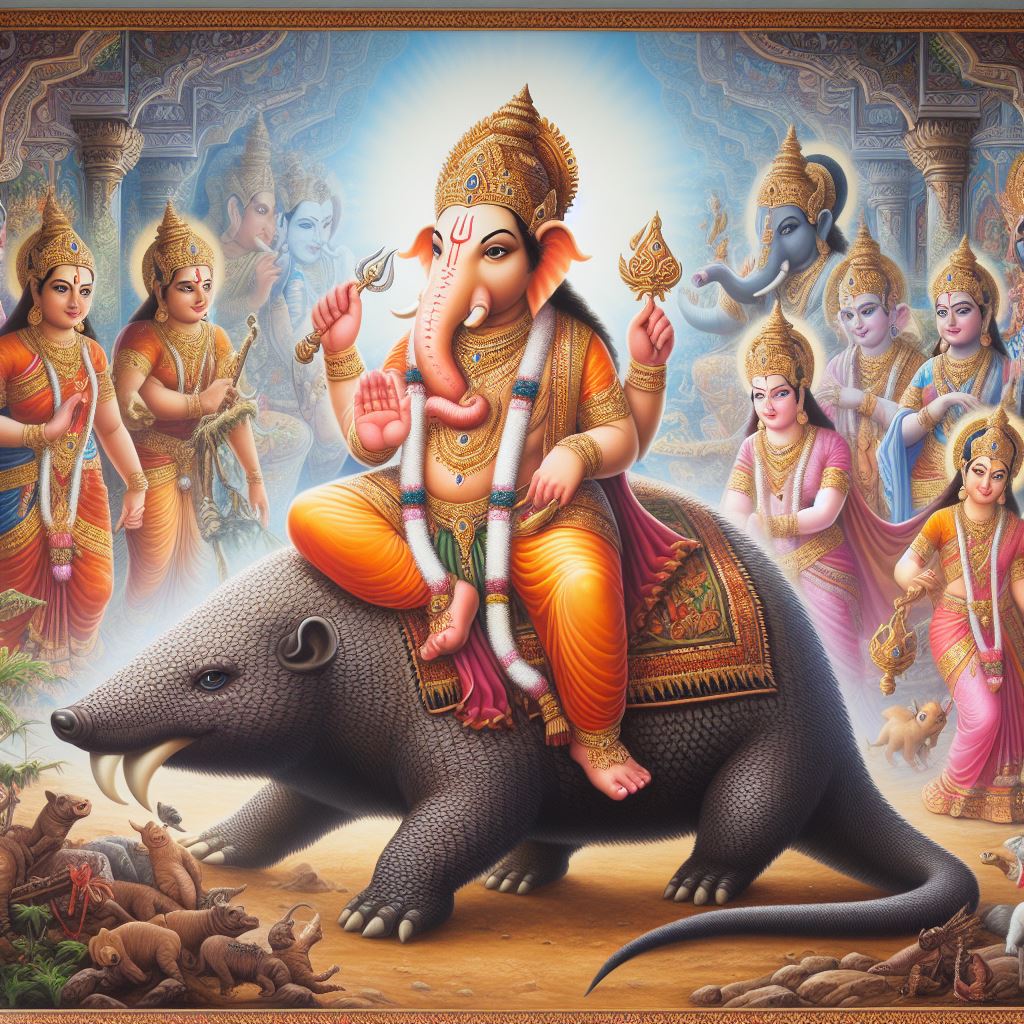
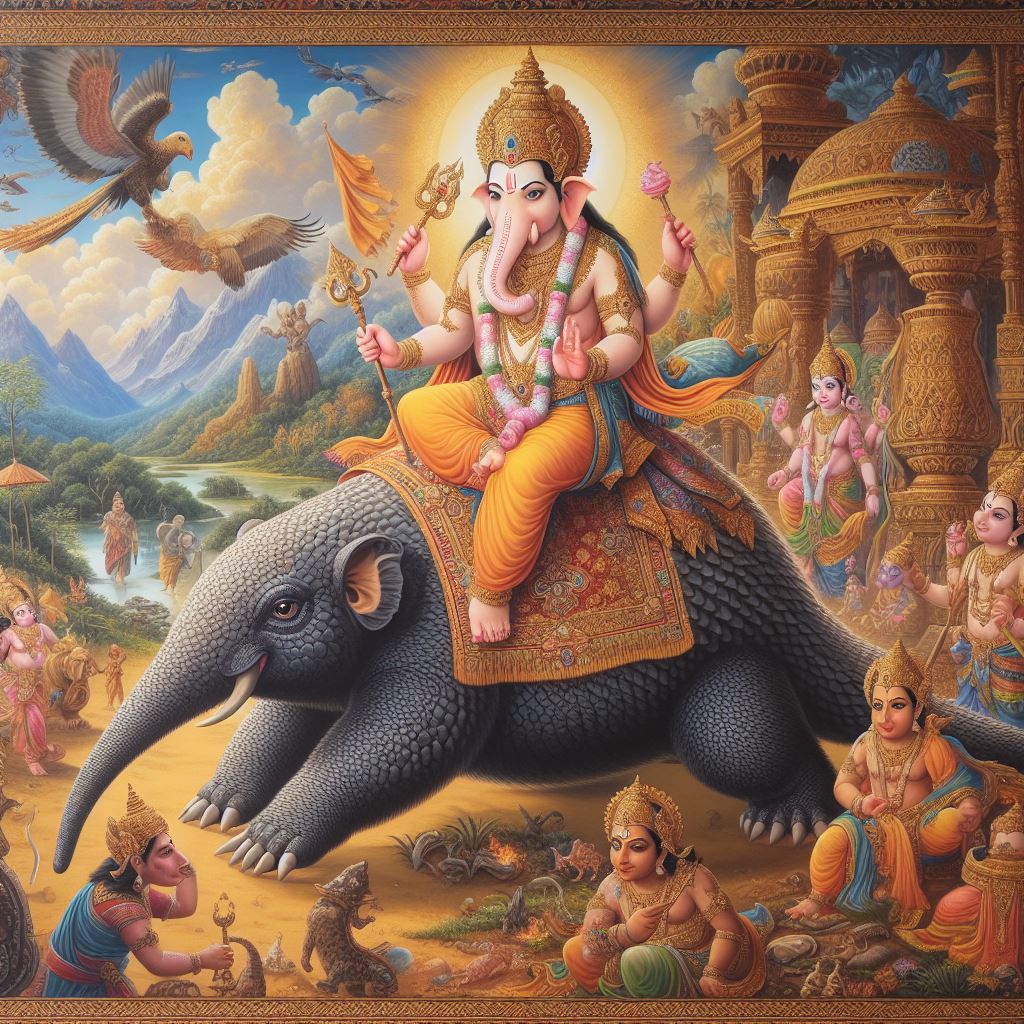
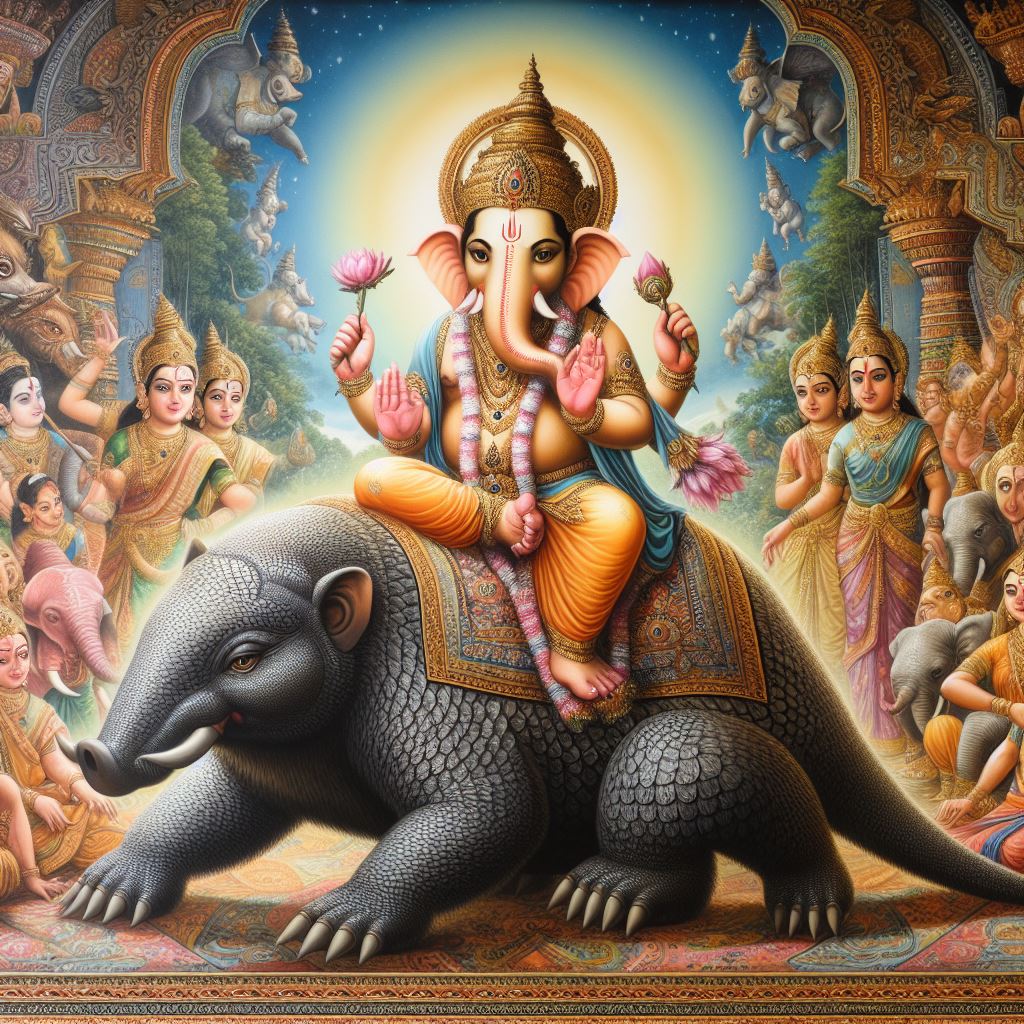
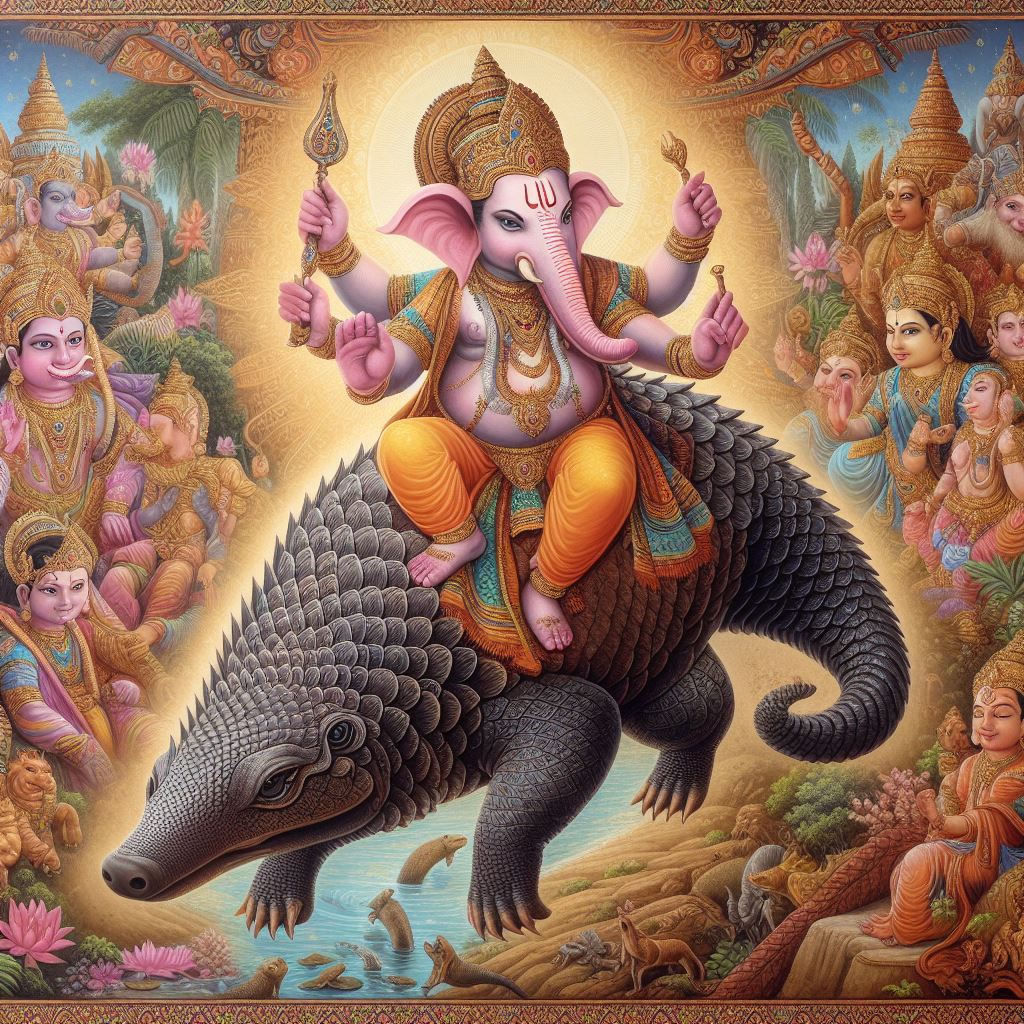
And here’s some gift art I did for Jedd Marten, whom I’ve known a long time (but not personally) in the furry fandom:
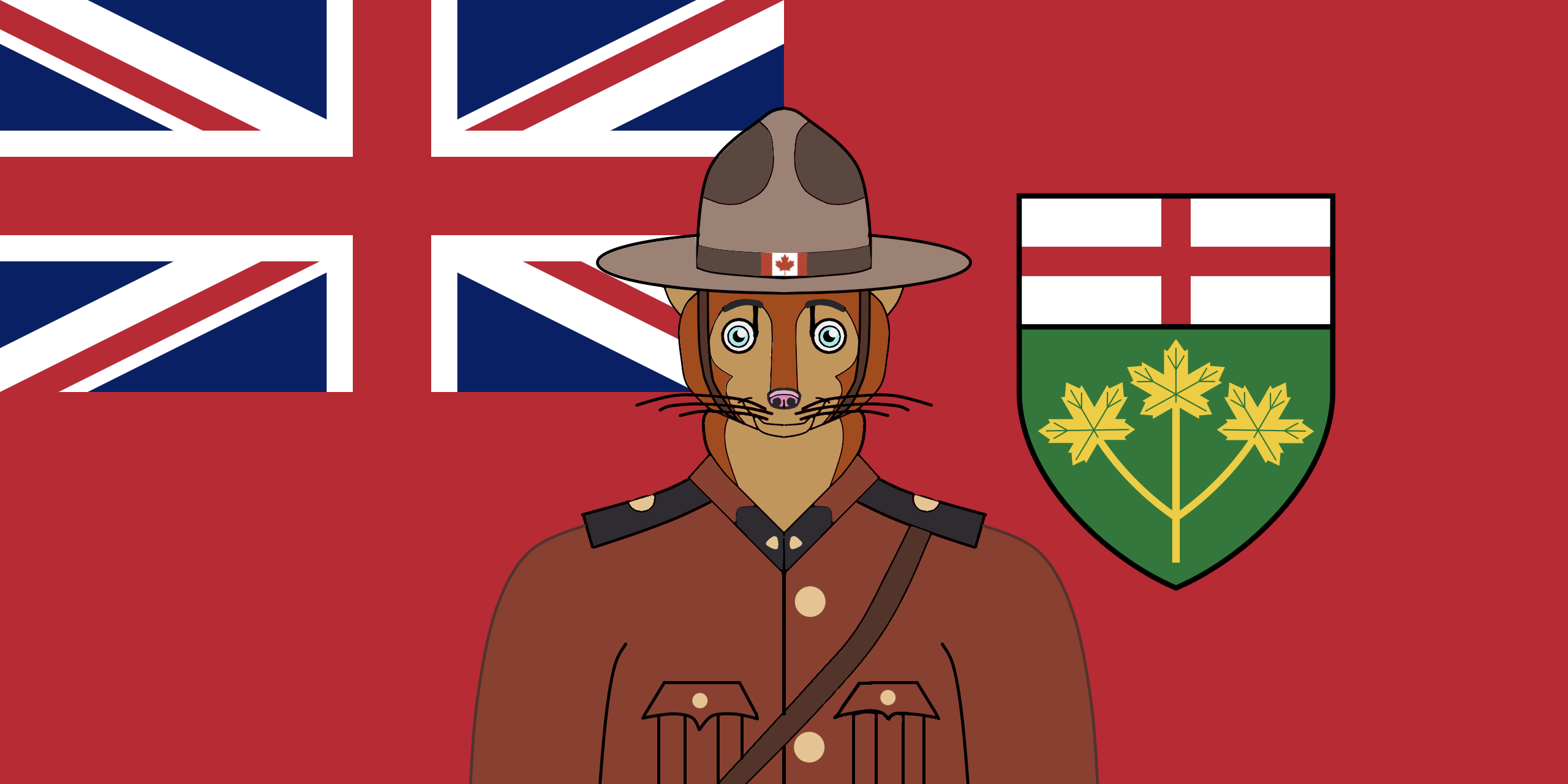

Disney’s original animated interpretation of the classic myth of Hercules opens with the songstress Muses narrating the film’s backstory in a musical style combining elements from the soul and gospel genres (and the studio back then was still mindful of DEI, even if in a different fashion), leading to the present where the gods Zeus and Hera have their titular son in Ancient Greece. Mythologically, the film fuses elements from Greek and Roman mythos, with Herc’s equivalent in the former being Heracles, but admittedly, that moniker doesn’t roll off the tongue, and deviations from the original myths abound.
While most of the gods of Mount Olympus celebrate Hercules’ birth, Zeus’ brother Hades, brilliantly portrayed by James Woods and the high point of the film, plots to overthrow the heavenly deities to rule himself. Thus, he sends his minions to kidnap the infant Herc and off him after having him ingest a potion that strips his immortality, although humans interrupt them and make them flee, leaving him with a drop of his godliness. Raised by mortals, Hercules faces estrangement for his excessive strength and discovers his destiny to rejoin the gods through heroism, with the satyr Philoctetes (or just Phil), just as memorable as Hades due to Danny DeVito’s performance, taking him on as his apprentice.
After proving his heroism in Thebes and boosting his popularity to being merchandized, Herc eventually confronts Hades and the Titans he seeks to revive while fighting for his eventual love interest, Megara (or Meg). In conclusion, this is probably one of my higher-regarded films in the Disney animated canon since I can easily relate to its themes of alienation and ostracization due to character and talent. Likewise, “Go the Distance” is an enjoyable central theme; despite what critics have said, I prefer Roger Bart’s in-movie rendition to Michael Bolton’s during the ending credits. As I mentioned, the film does take liberties with Greco-Roman mythology, but I nonetheless enjoyed it.
Went searching a bit for new residents for The Haven, before returning to the main quest going back in time to the robot island.
After the first encounter with Rapp.
For Lent, I’m not starting any new games. I’m sure these two will last me the season since they’re fairly lengthy.

In a world solely inhabited by anthropomorphic mammals, the country rabbit Judy Hopps accomplishes her dream of becoming the first lapine police officer in the titular urban metropolis but starts on parking duty. On her first day, the vulpine con artists Nick Wilde and Finnick hustle her, after which she abandons her post to pursue a small-time criminal, but the police chief reprimands her. As he does so, an otter wife interrupts and implores a search for her missing husband, one of fourteen lost predators in Zootopia. Judy receives forty-eight hours to solve the case, blackmailing Nick into assisting her in finding Mr. Otterton and solving the mystery of the other missing predators.
Ultimately, this is an enjoyable film, given its strictly nonhuman cast, with backstory interweaved into the narrative, along with a few good twists and commentary on the alleged black-and-white nature of specific beasts and an exemplification of Paulo Freire’s warning of oppressed populations possibly becoming oppressors themselves. However, a few unresolved plot points abound, like what the carnivores eat and the unexplored role of religion in Zootopia, since characters repeatedly mention God. Some scenes like that at the sloth-run Department of Mammal Vehicles also feel like padding. Regardless, I don’t regret rewatching this and will gladly watch Zootopia+ and the forthcoming theatrical sequel.

Based on the Christmas novelette of the same name by Charles Tazewell and the first and only Disney animated project directed by Don Bluth before he went rogue (having worked small parts on some of the studio’s prior animated features), the short film focuses on a Galilean boy who seeks to sell the eponymous donkey, past his prime. However, no one except a tanner takes interest, though the boy eventually sells him to a notable historical and religious figure. I found it enjoyable and tender, with a beautiful titular theme song and solid voice performances that don’t seem out of place in the Israeli setting.